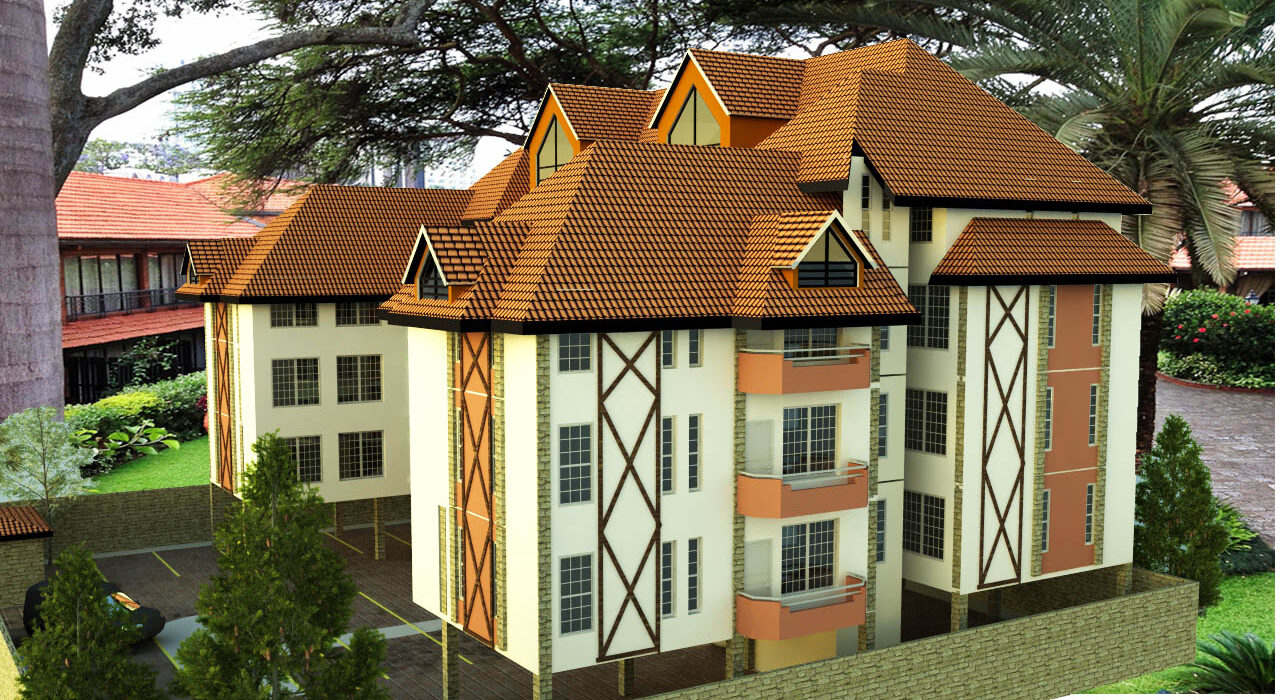The real estate sector in Kenya has shown remarkable resilience and growth, contributing significantly to the nation’s GDP. In Q1 2024, the sector grew by 0.4%, raising its GDP contribution to 10.4%, a notable increase from 10.1% in the same period of 2023. This growth is driven by increased property transactions and developments, despite the decelerated growth in the construction sector.
According to the Cytonn Kenya Real Estate Sector Report, the real estate market recorded improved performance in H1 2023, attributed to increased transactions and developments. However, the residential sector saw a slight downturn, with average total returns declining to 5.9% from 6.1% in H1 2023.
The retail sector, a significant component of real estate, recorded average rental yields of 7.9% in H1 2024, a decline from 8.2% in H1 2023. Despite this, the land sector saw a capital appreciation of 3.9% in the Nairobi Metropolitan Area (NMA), highlighting the ongoing demand for land.
International investments have also been a key driver of growth. For instance, China Square opened its third branch in Langata, investing Kshs 600.0 million to lease 100,000 square feet of space previously occupied by Uchumi Supermarkets. Additionally, the IBBS Mall, the largest in East and Central Africa, was officially opened, offering 130,000 SQM of high-quality retail space.
The government’s Affordable Housing Project, aiming to deliver 250,000 units per year, continues to bolster the sector. This initiative is crucial in addressing the housing demand driven by high urbanization and population growth rates.
Despite the sector’s overall stability, challenges such as high construction costs and difficulty accessing credit due to rising non-performing loans persist. The cost of construction in 2024 has risen by 17.6%, making it more expensive to develop new projects.
Looking ahead, the outlook for Kenya’s real estate market remains neutral. The sector’s growth is expected to be supported by aggressive expansion by local and foreign retailers, ongoing public infrastructure improvements, and positive demographic trends. However, factors like diminishing purchasing power and political instability could impede growth.
In conclusion, Kenya’s real estate market demonstrates resilience and potential for growth, driven by strategic investments and government initiatives. The sector’s ability to navigate economic challenges while capitalizing on opportunities makes it a vital contributor to the nation’s economy.





